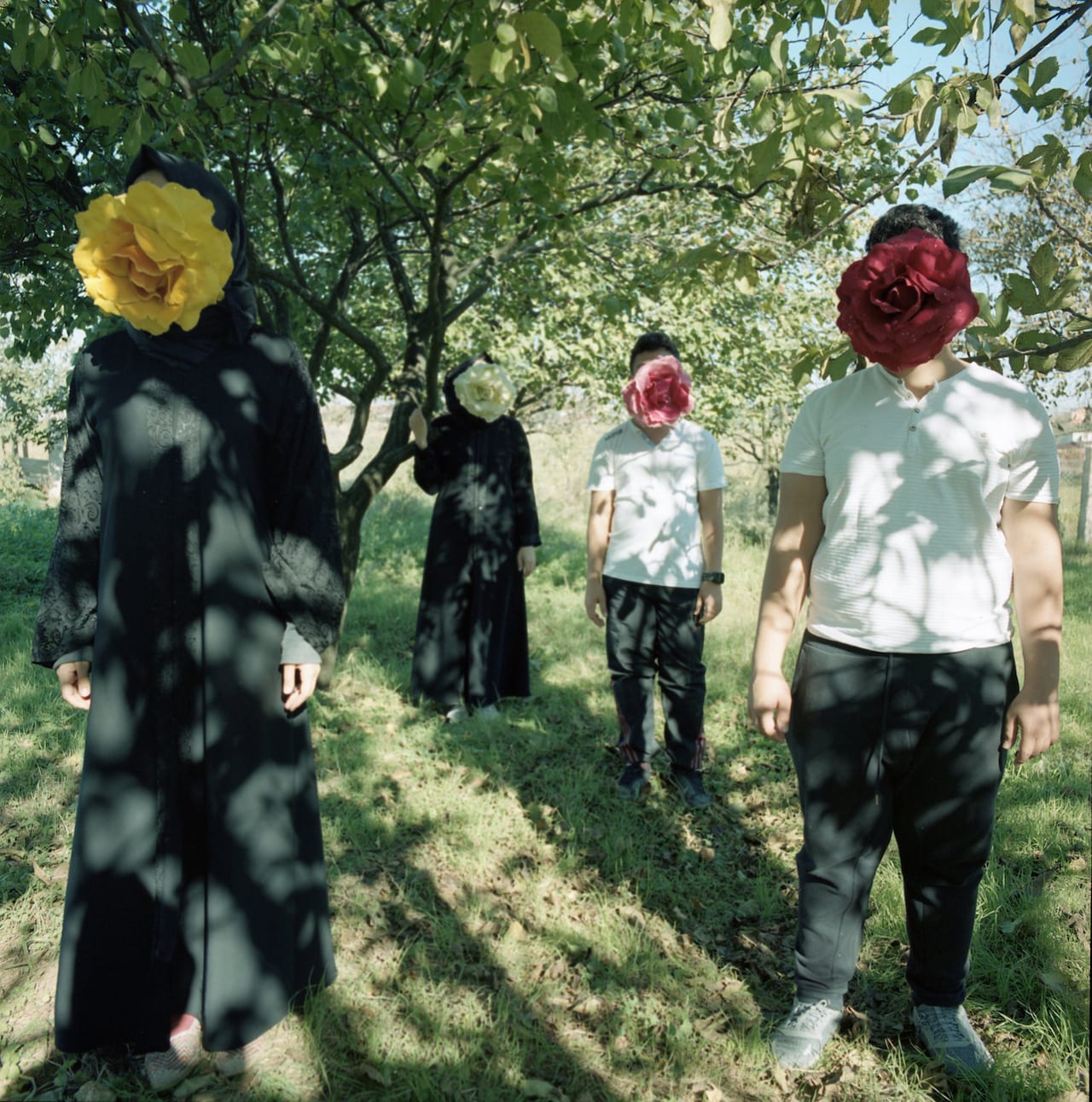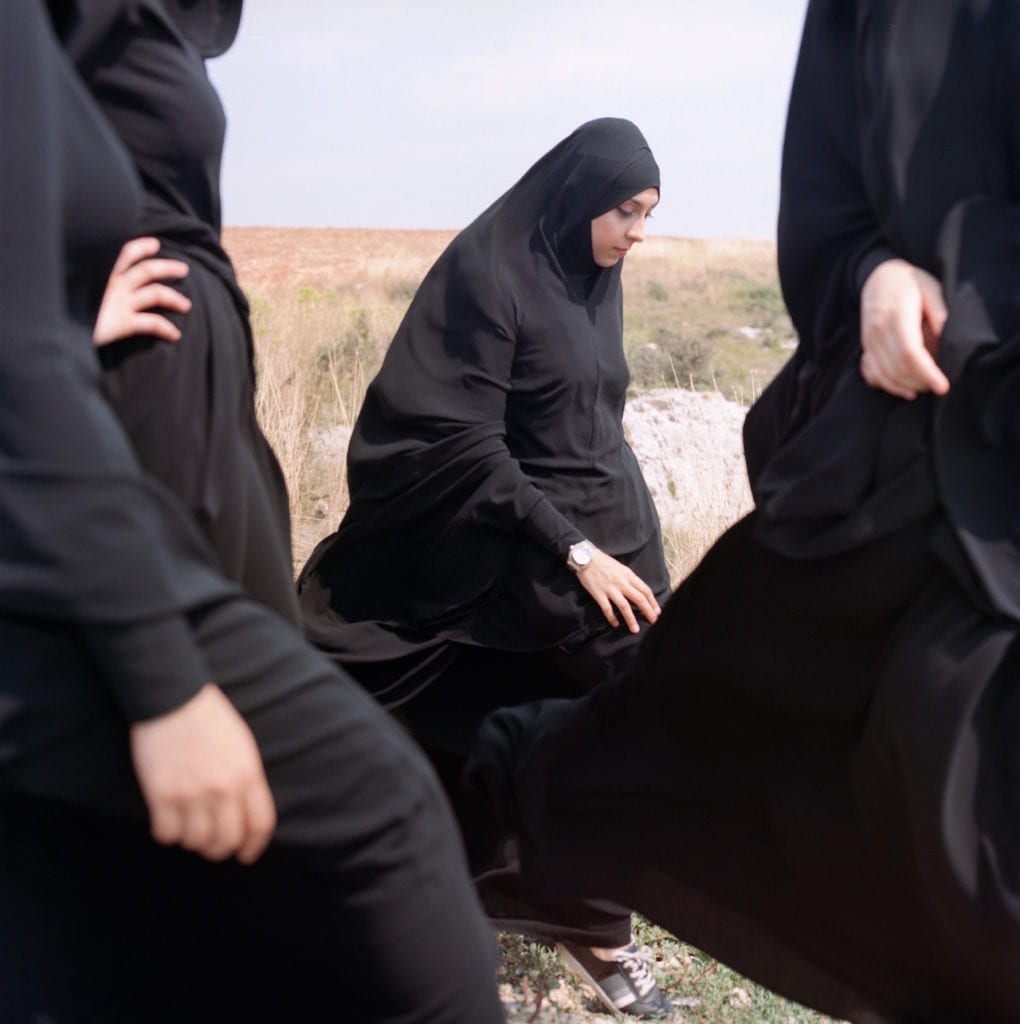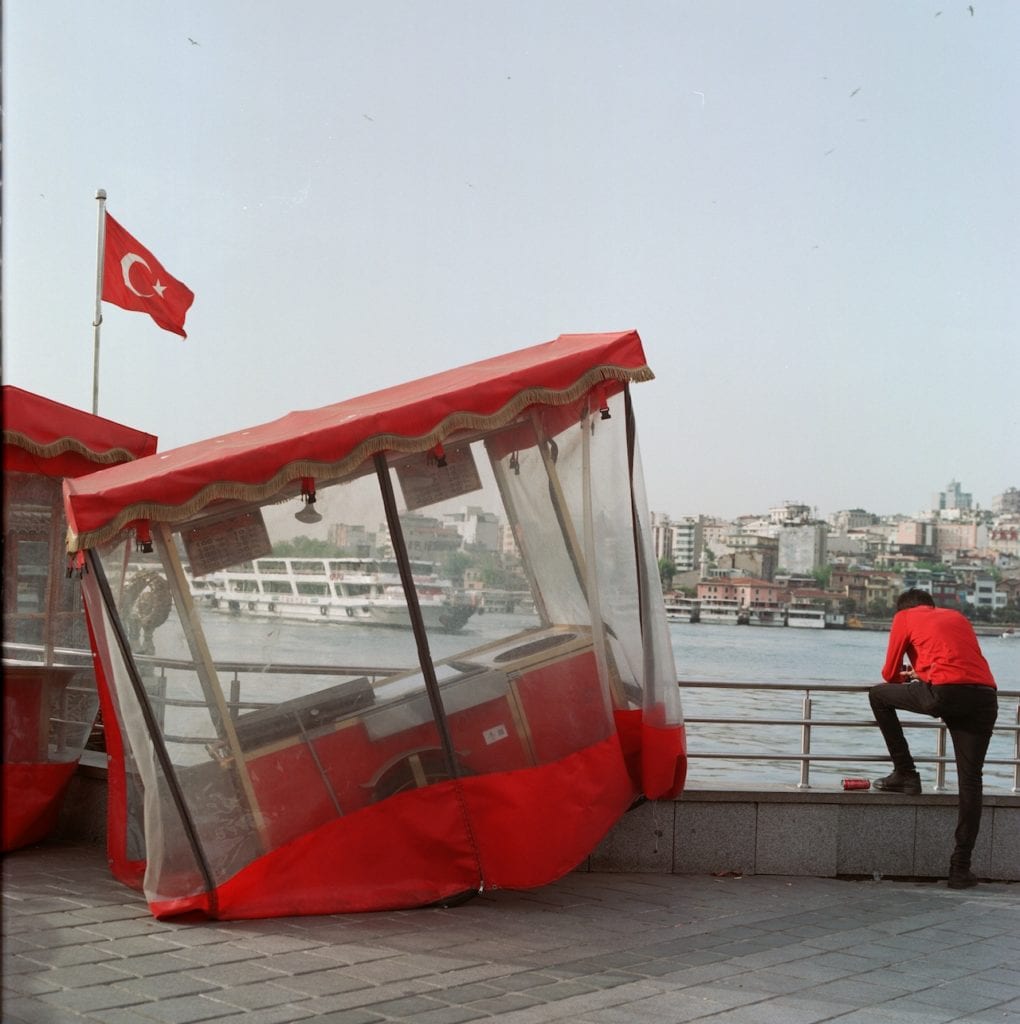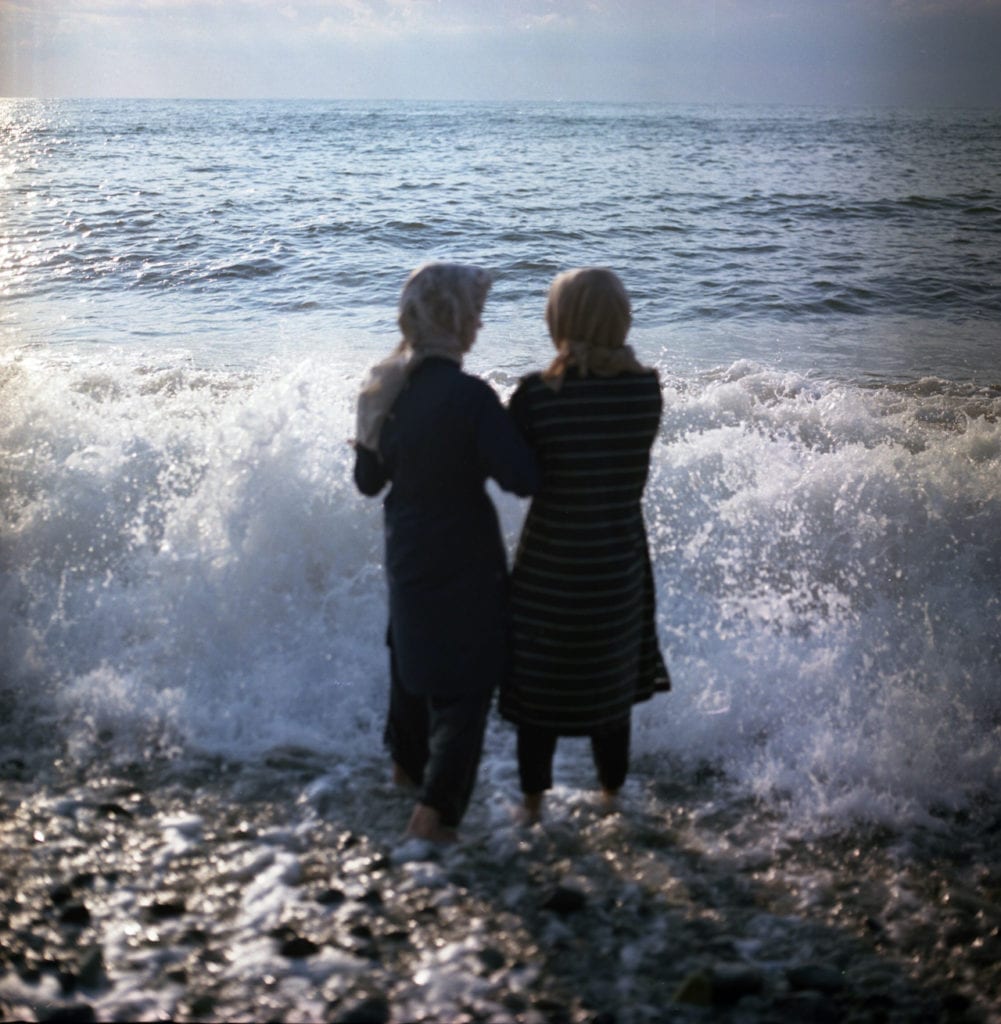“Their stories are also my story,” says Çimen, a self-taught photographer whose work explores the experience of young Islamic women in Turkey
Sabiha Çimen places huge importance on being intimately connected to the lives of the people she photographs. “Their stories are also my story,” she says, referring specifically to her documentary project Hafız: The Guardians of Quran, which portrays the daily life of young women trained to memorise the Quran — at a school she attended herself, aged 13. “In some ways, l am re-telling my own experiences through the people I photograph”.
A self-taught photographer born and raised in Istanbul, Çimen’s journey into photography began aged 16, when she was given a camera to take on a family trip to Mecca in 2002. Growing up, Çimen was forbidden from wearing her headscarf in public institutions, and was unable to attend university for four years after finishing school until 2007, when the headscarf ban was lifted. During this time, photography became an alternative means of portraying this suppressed identity as a young Islamic woman.
“Islamic women are underrepresented in photography, and as an insider in the media, I want to create a platform for discussion”
At university, Çimen studied International Trade and Business, followed by a masters in Cultural Studies, which was when she became aware of the “multidisciplinary approach to the analysis of social change in Turkey”. At first glance, her studies seem unrelated to photography, “but for me, it was,” she says. “As an observer, to feed myself from other disciplines felt rich, and l didn’t feel the need for a structured education in photography.”
Shortly after finishing her studies, Çimen made the move from digital to medium-format film — a slower process, which she felt expressed emotions that could not be captured through digital imagery. Her process also lends better to this slower medium, as she places importance on getting to know her participants. “l don’t want to be a tourist to my subjects,” she says. “There is shared collaboration between us, which touches on the greater theme of subjugation of women in our society.”
Last month, Çimen was selected as one of Magnum Photos’ new nominees of 2020, and she hopes the agency will provide her with a wider platform to share these experiences. “Islamic women are underrepresented in photography, and as an insider in the media, I want to create a platform for discussion,” says Çimen, who identifies a certain paradox in her work, in which she makes visible the lives of women who are expected to be veiled, or hidden. “l want to re-consider the relationship between image-making and women in Islamic culture,” she says.




